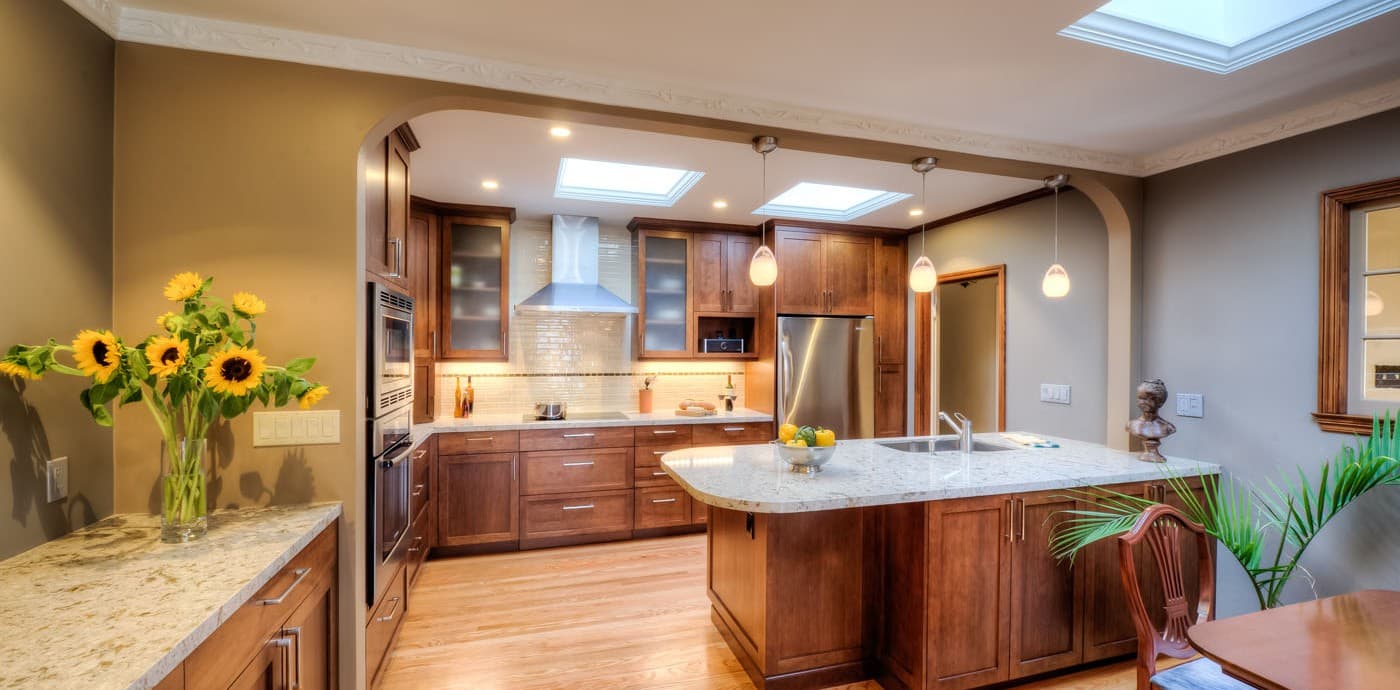Services We Do
Design and Build Services
Podesta Construction ensures seamless project execution with meticulous planning and clear communication, delivering results aligned with your vision.
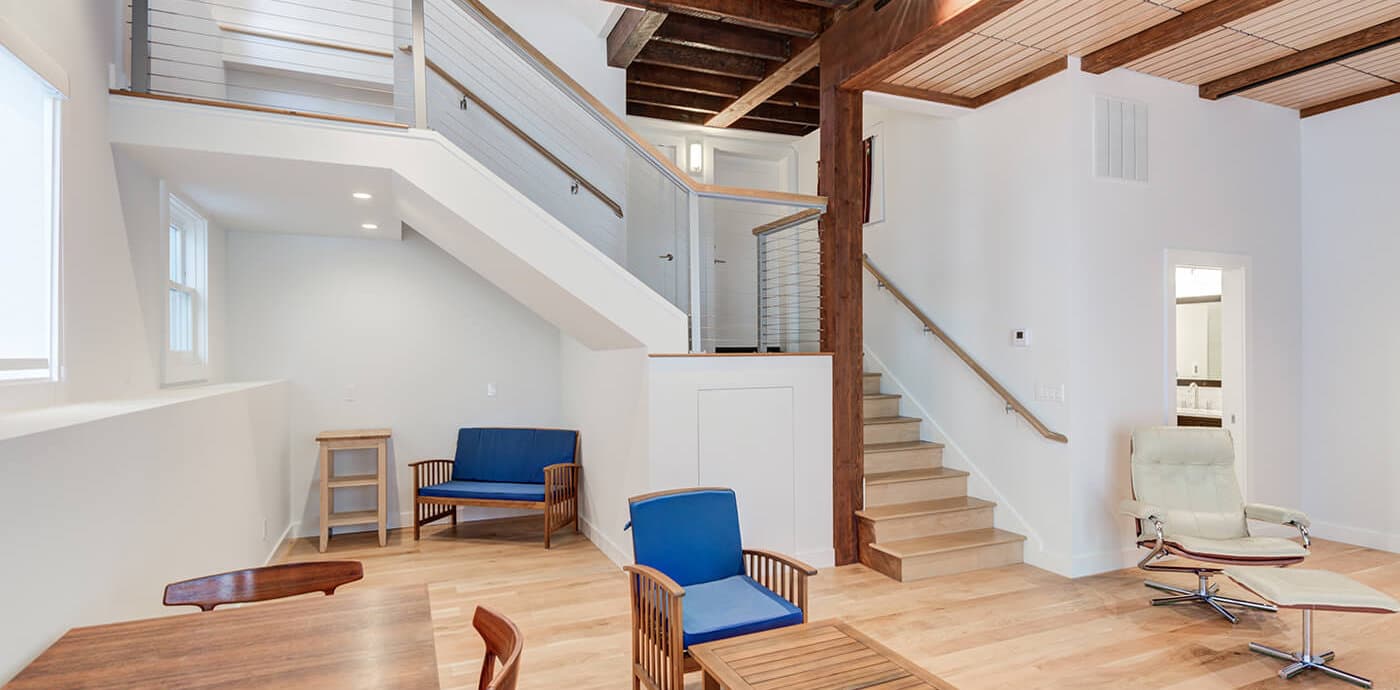
Design
Full Spectrum Design Services
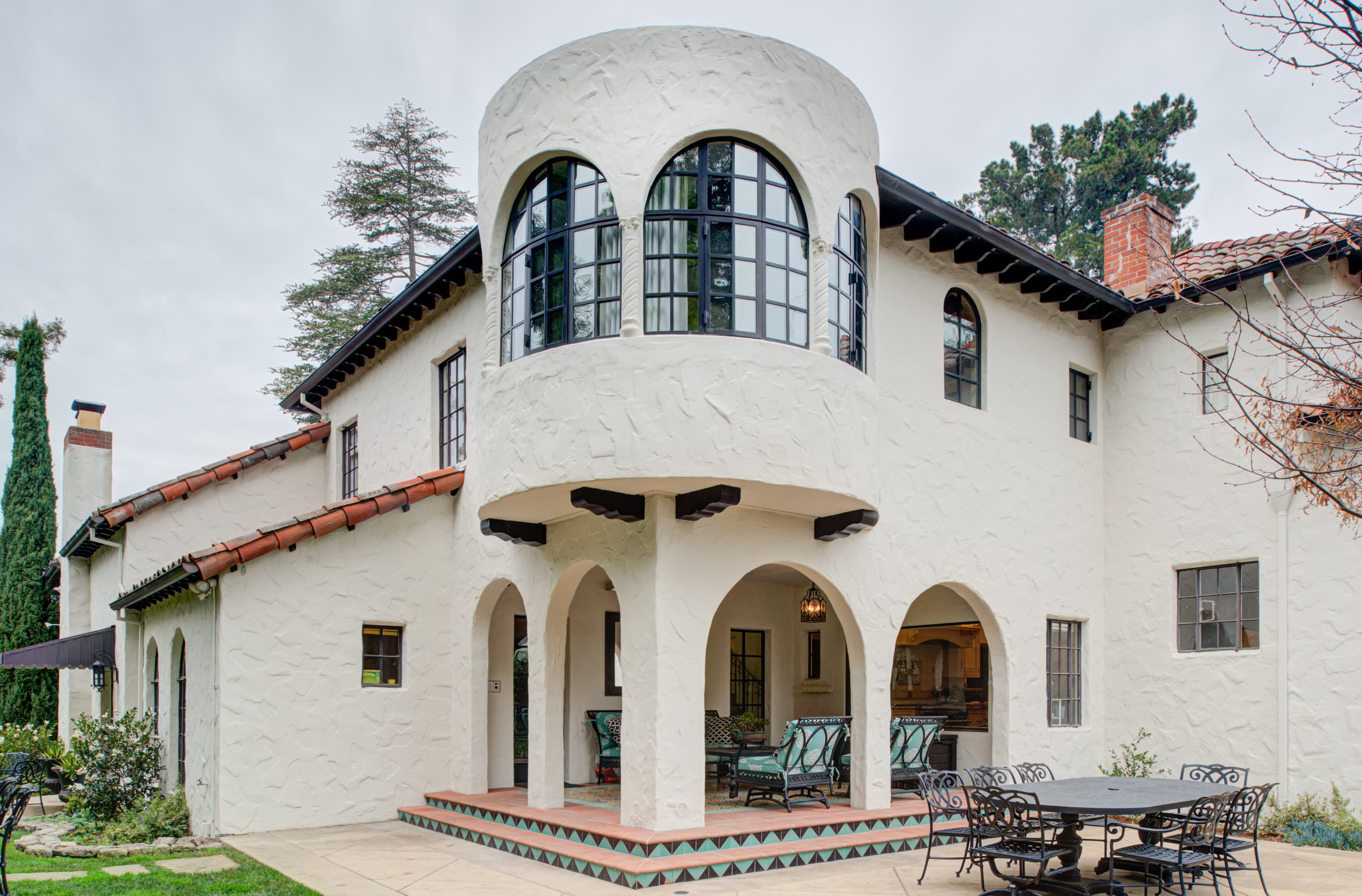
Pre-Build
Seamless Planning & Pre-Build
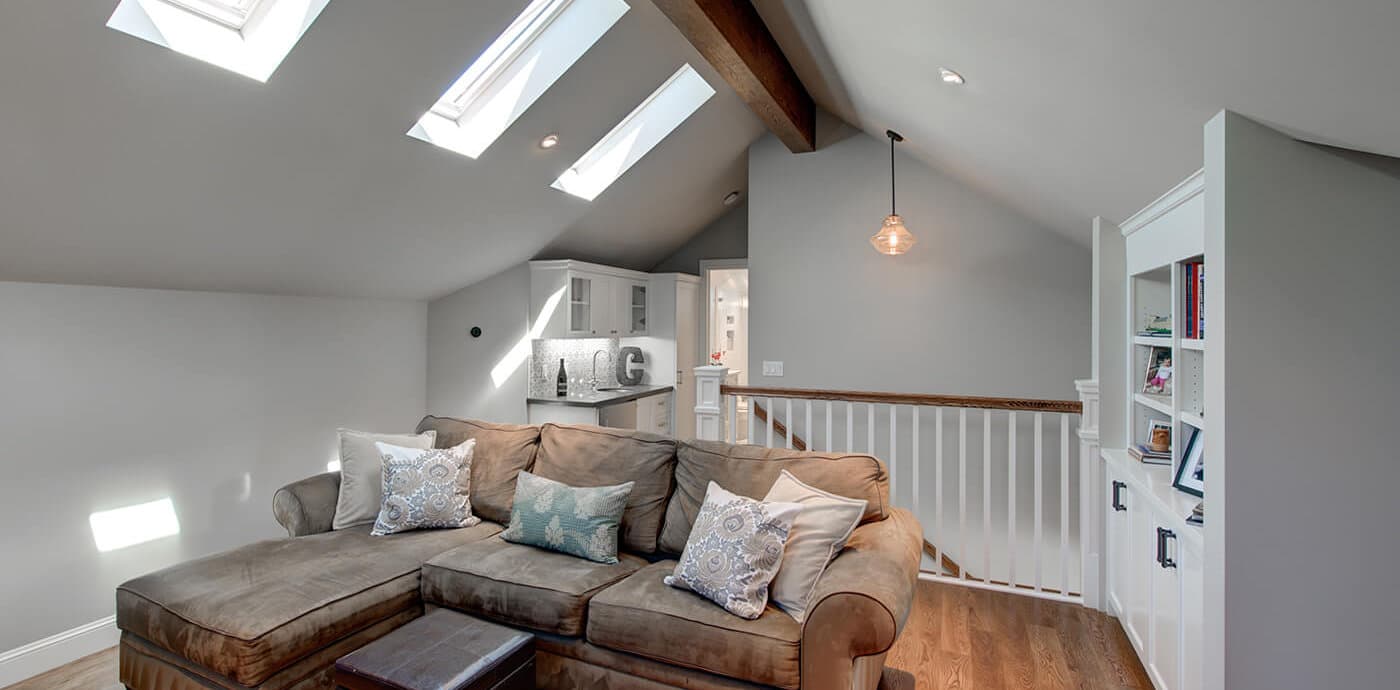
Build
Expert Craftsmanship & Build
Custom Build Solutions Tailored For Your Needs. Discover the Difference
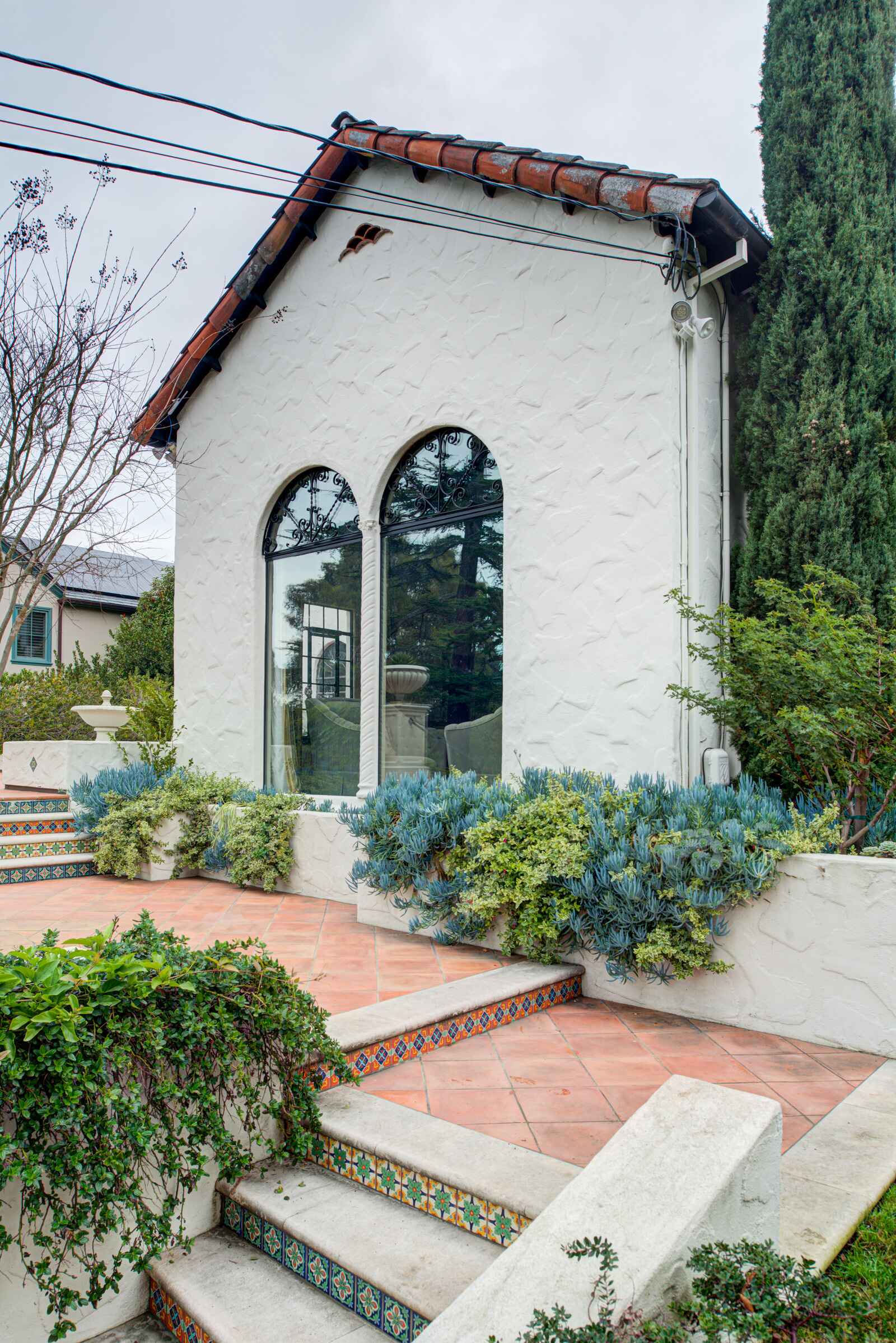

Established
1986
Podesta Construction offers expert building services, delivering high-quality craftsmanship for your projects. We specialize in creating exceptional structures that enhance living spaces across the USA, ensuring top-notch construction and project management for every client.
Our Expertise
Custom Solutions Built
for Your Needs
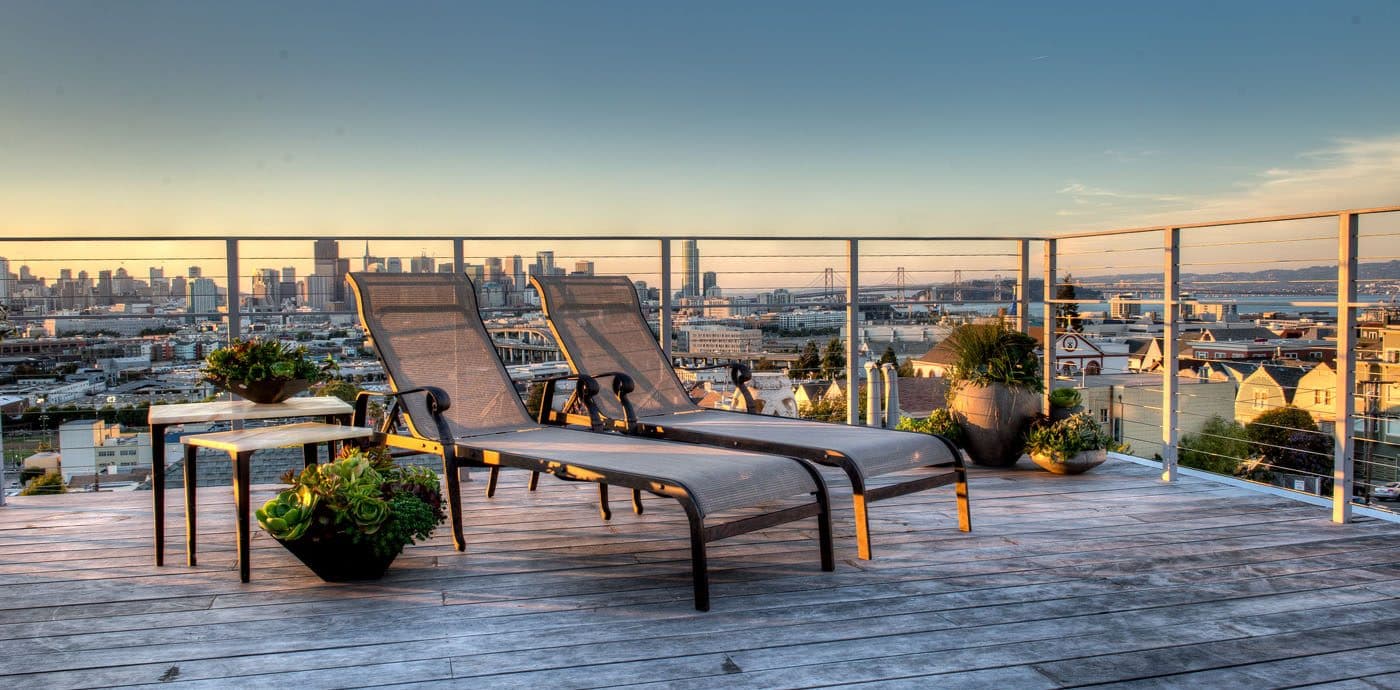
Explore Our Story
and Mission
Read More

Comprehensive project documentation
Innovative interior art design
Thorough quality and design checks
Regular site reviews and timelines


